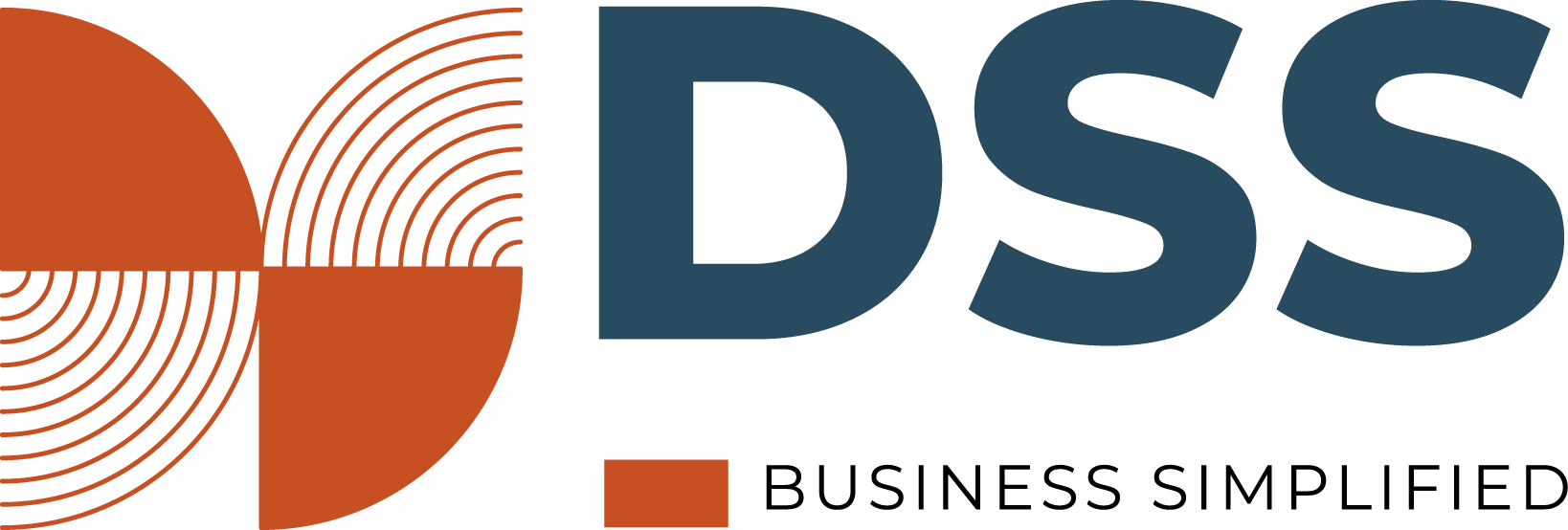Customer Due Diligence (CDD), also known as the “Know-Your-Client” (KYC) process, is a cornerstone of an effective Anti-Money Laundering (AML) strategy. CDD involves verifying customer identities, assessing risk profiles, and continuously monitoring transactions to detect and prevent illicit activities.
Steps in Customer Due Diligence
- Identity Verification: The first step in CDD is verifying the identity of customers by collecting essential information such as names, dates of birth, addresses, and identification documents. This step ensures that businesses and financial institutions know their customers, reducing the risk of engaging with anonymous or fraudulent entities.
- Risk Assessment: Businesses assess the risk profiles of their customers by examining factors like the nature of their transactions and their financial behaviours. This assessment helps in identifying customers who may pose higher risks of being involved in money laundering.
- Continuous Monitoring: Ongoing monitoring of customer transactions is crucial. By keeping an eye on unusual transaction patterns, large cash deposits, and rapid fund movements across accounts, businesses can detect suspicious activities that may indicate money laundering.
Importance of CDD
Legal Compliance
In Botswana, CDD is a legal requirement under the Financial Intelligence Act (FIA) regulations. Businesses must comply with these regulations to avoid penalties, legal consequences, and reputational damage. Regulatory bodies mandate robust CDD processes to ensure businesses are not facilitating money laundering activities.
Trust and Confidence
Effective CDD processes build trust and confidence among customers. When customers see that a business takes due diligence seriously, they are more likely to trust that their transactions are secure. This trust is essential for maintaining long-term customer relationships and a positive business reputation.
Reputation Management
Being associated with money laundering can severely damage a business’s reputation. Effective CDD helps mitigate this risk by ensuring that the business is not inadvertently involved in illegal activities. High standards of due diligence protect the business’s reputation and maintain stakeholder trust.
Ultimate Beneficial Owner (UBO) Identification
Definition and Importance
A UBO, or Ultimate Beneficial Owner, is the individual who ultimately owns or controls a company or other legal entity. Identifying UBOs is crucial for anti-money laundering (AML) and counter-terrorism financing (CTF) efforts as it ensures transparency and accountability in financial transactions.
Legal Requirements
Section 2 of the Financial Intelligence Act of 2022 mandates regulated entities to identify and verify UBOs. This process reveals the real individuals behind a company, preventing criminals from hiding behind complex corporate structures and shell companies. Identifying UBOs helps authorities ensure that the true controllers of assets are known, enhancing transparency and preventing financial crimes.
Verification of Client Residence
Regulation 6 of the Financial Intelligence Regulations requires regulated entities to verify their clients’ places of residence. Proof of residence, such as a utility bill or an affidavit, is collected at account opening, during periodic reviews, for significant transactions, and when customer information changes. This verification helps establish the true identity of the customer and maintain robust AML practices.
Benefits of Robust KYC Practices
Implementing thorough KYC processes is essential for companies to:
- Comply with Legal Requirements: Avoid legal repercussions and penalties by adhering to regulations.
- Prevent Financial Crimes: Detect and prevent money laundering and other illicit activities.
- Manage Risks: Make informed decisions and mitigate potential risks.
- Build Customer Trust: Enhance customer confidence in the security and integrity of their transactions.
- Maintain Operational Efficiency: Ensure smooth and compliant operations within the regulatory framework.
By thoroughly verifying and understanding their clients, companies contribute to the overall stability and integrity of the financial system, supporting broader efforts to combat financial crimes in Botswana.
